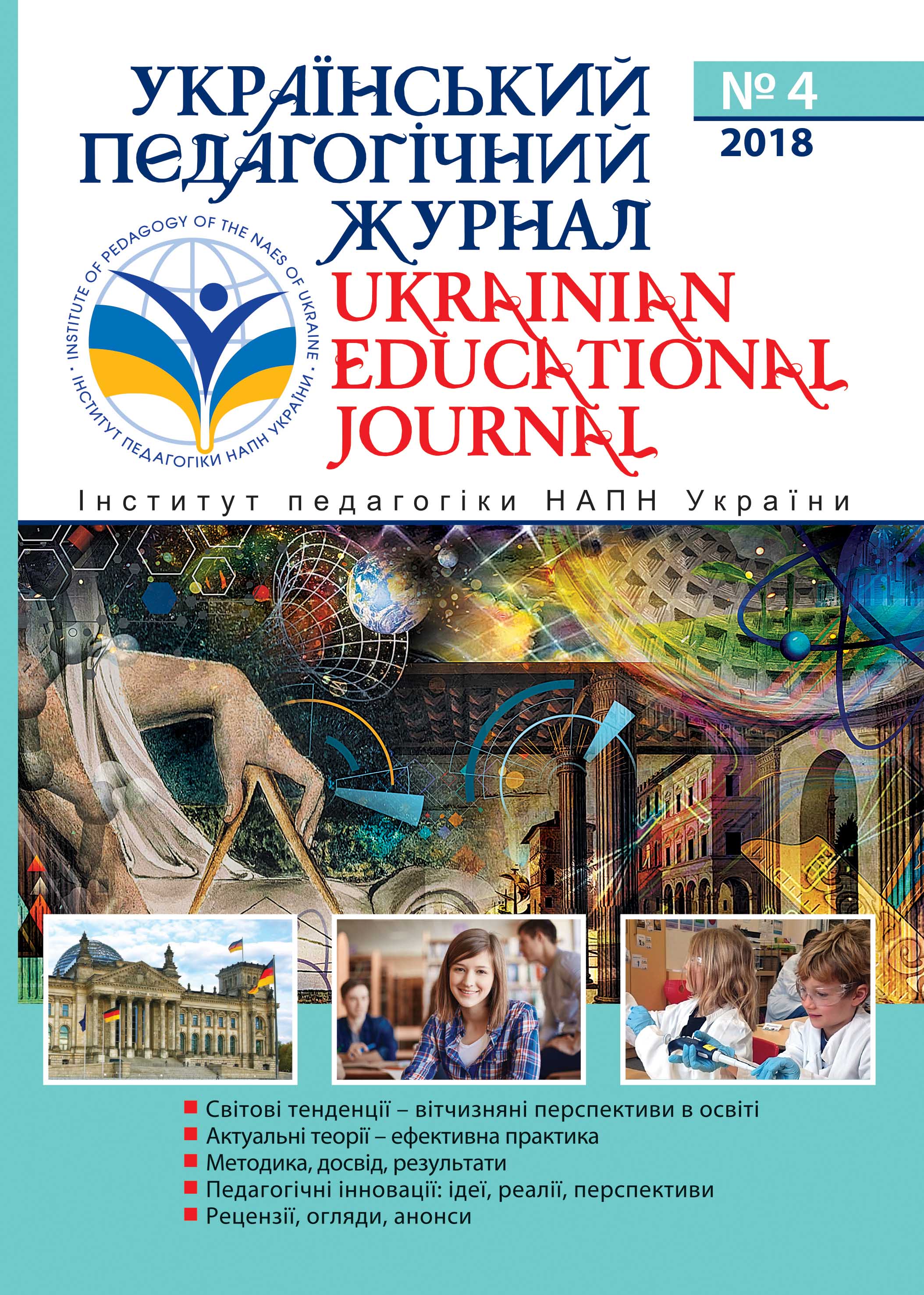Abstract
The article deals with the problem of the formation of economic concepts contained in the content of the updated geography curriculum. The author analyzes the content of scientific terms: skill, reception, geographical concept, economic concept, methodology of teaching geography. The researcher gives the defining ways, stages and methodological peculiarities of the process of the formation of scientific concepts and sets the level of the formation of economic concepts in the course of geography for high school. The author of the article has repeatedly acted with various types of activities (round tables, scientific conferences and seminars, webinars, teaching activities, etc.) concerning the methodology of forming the scientific concepts, created an author’s model of the formation of scientific concepts and defended a thesis for the Candidate’s Degree on the topic “Formation of Socio-economic Concepts in High School Pupils in Geography Classes”, but the situation is constantly changing, and the updated content of geography curriculum requires modernization and a new competence-oriented methodology for the formation of scientific concepts, in our case, economic concepts; this is exactly what the article is devoted to. As the educational practice shows, economic concepts are among the most difficult in the school geography course, that is why they are studied in high school (lyceum). As a rule, it is difficult for teachers to effectively teach pupils the economic concepts, therefore, they form primary perception, awareness and use of these concepts in their further adult life. In such conditions, the problem of reviewing the existing methodology for the formation of economic concepts in the school course of geography and the development of an effective teaching algorithm is relevant. The experiment carried out in this work have shown that the most effective ways of forming the economic concepts in high school pupils are those that influence the emotionalsensory sphere and take into account the communicative-activity principle, namely: creative presentation of educational material through the system of problem tasks, independent and practical work, heuristic conversation, cognitive game, research method. The author developed a model for the formation of economic concepts, which can be introduced into the pedagogical process at any stage of studying topics from the course “Geography: regions and countries”.

This work is licensed under a Creative Commons Attribution-NonCommercial-ShareAlike 4.0 International License.

